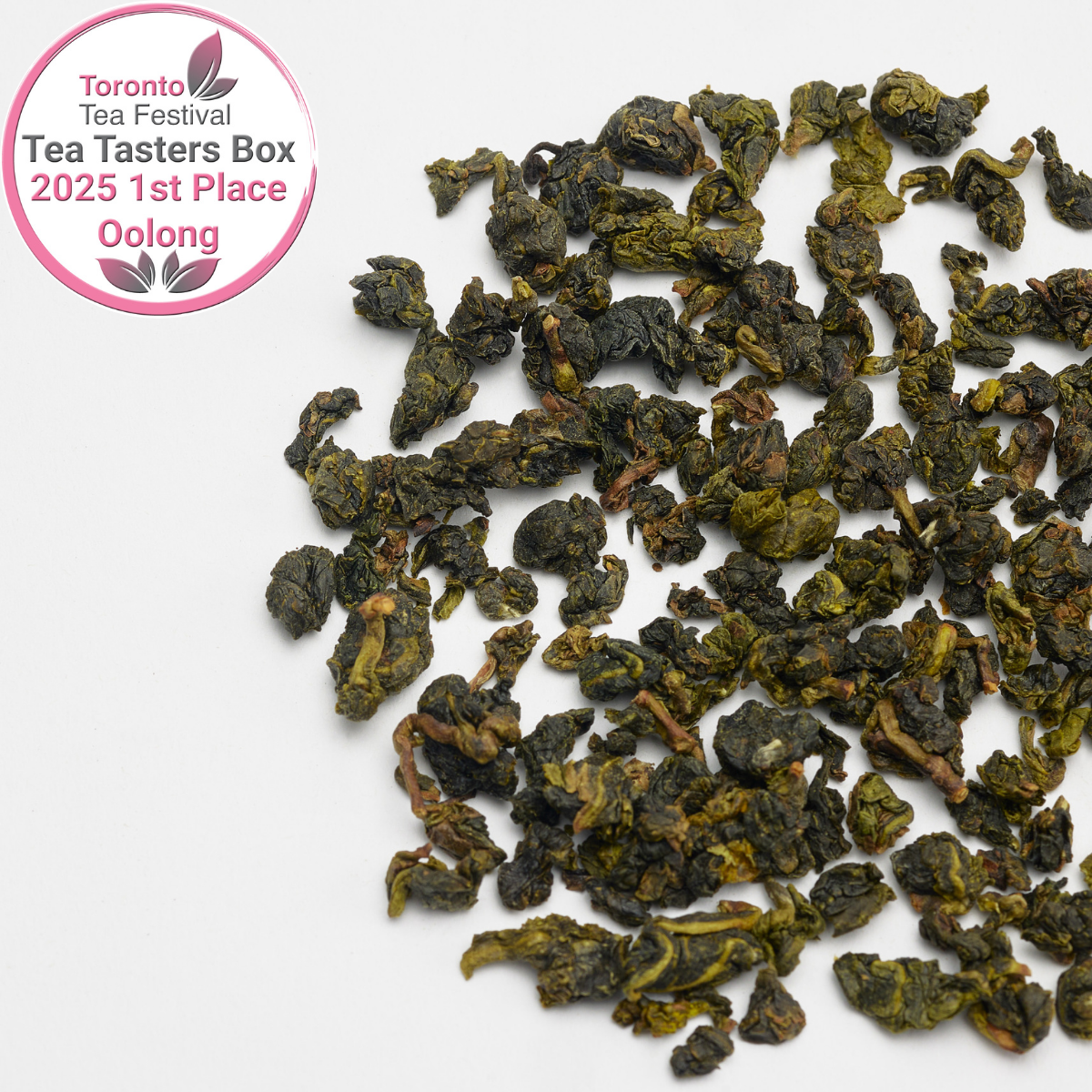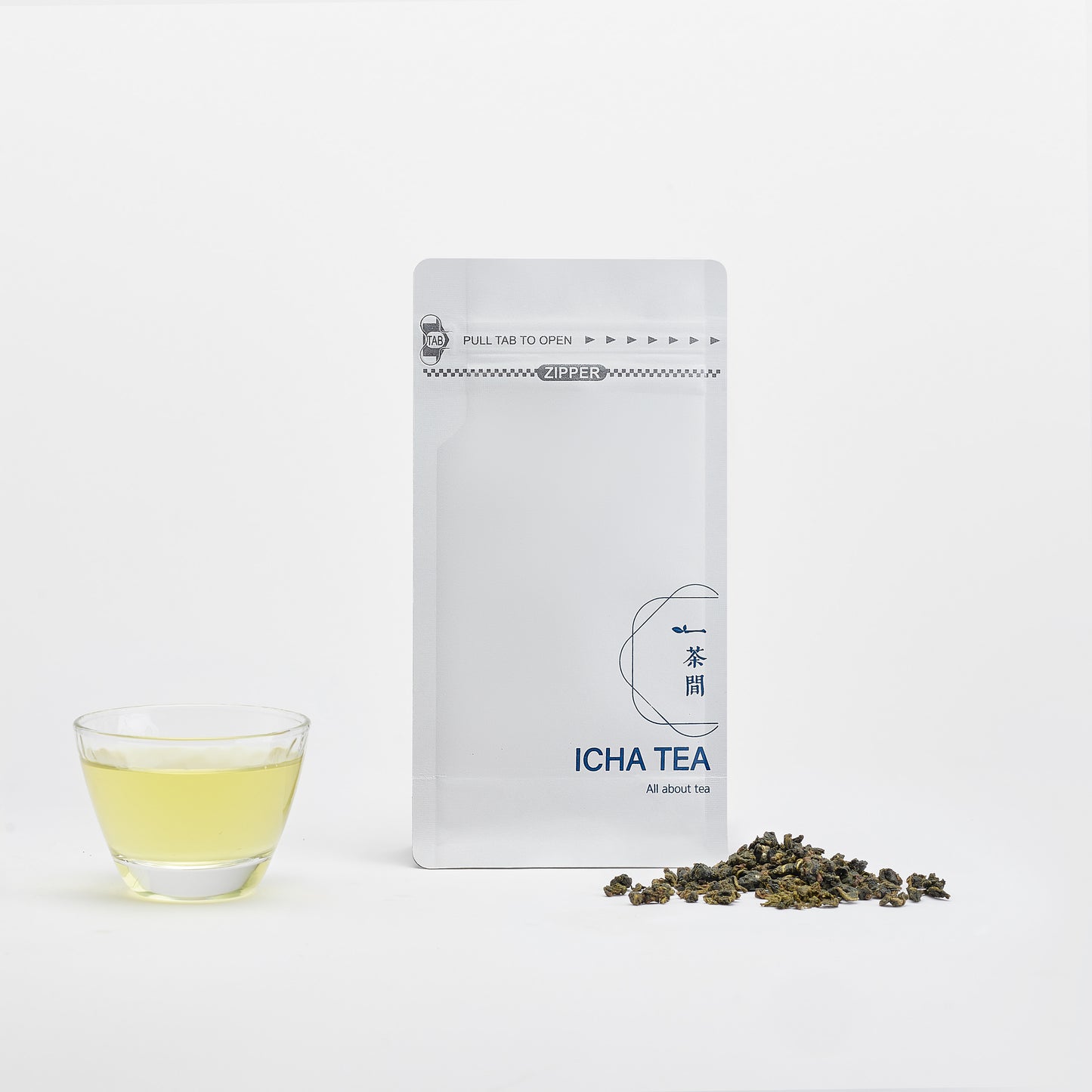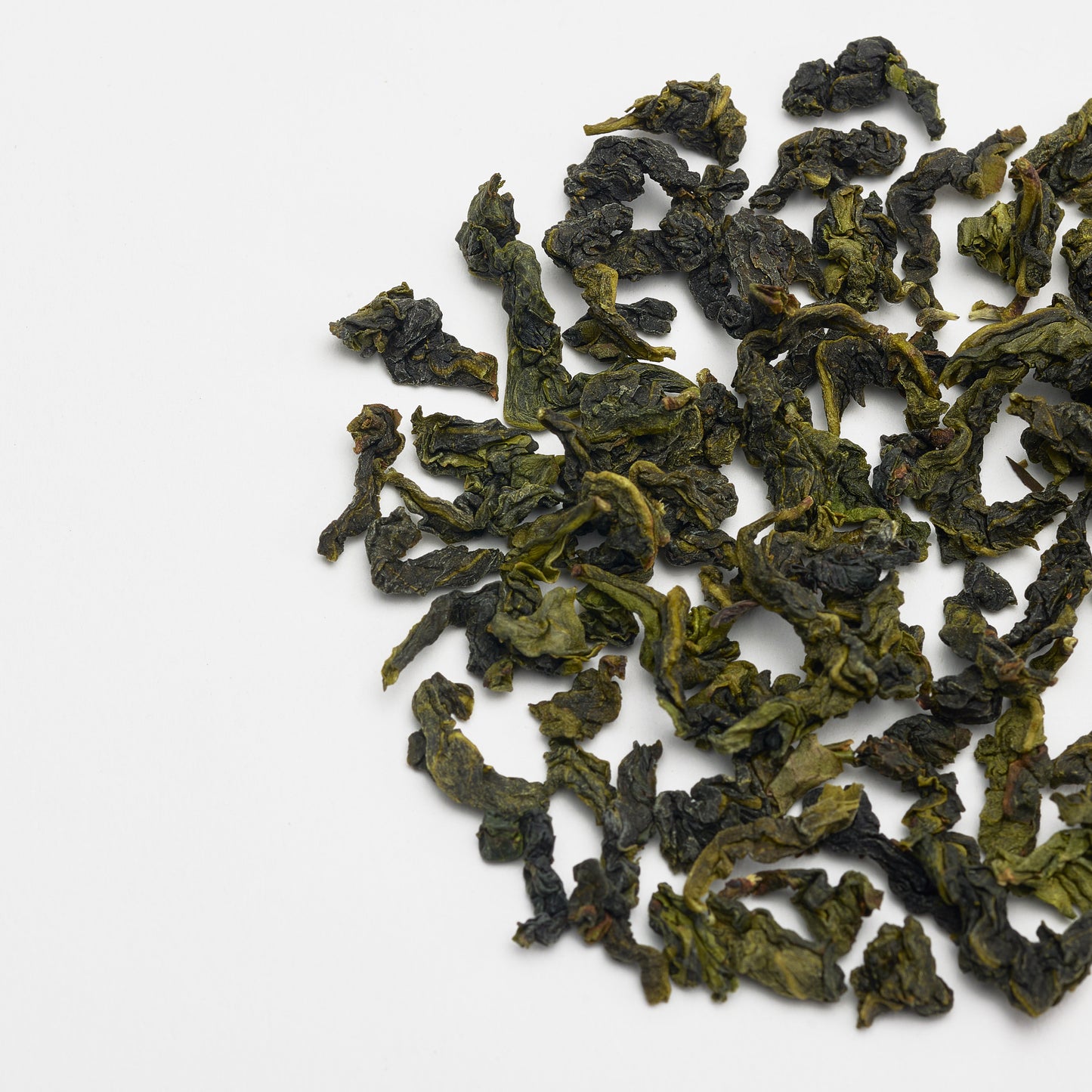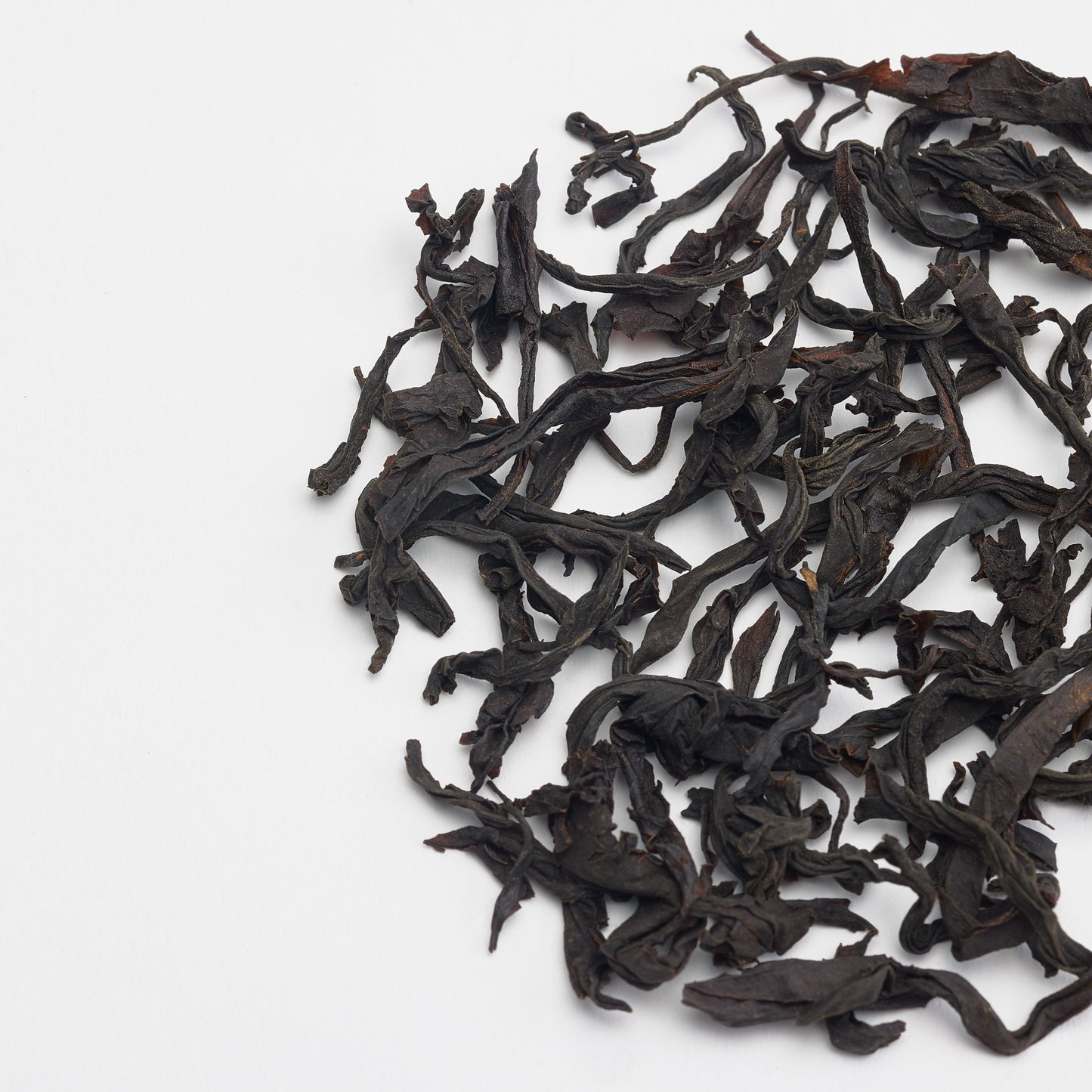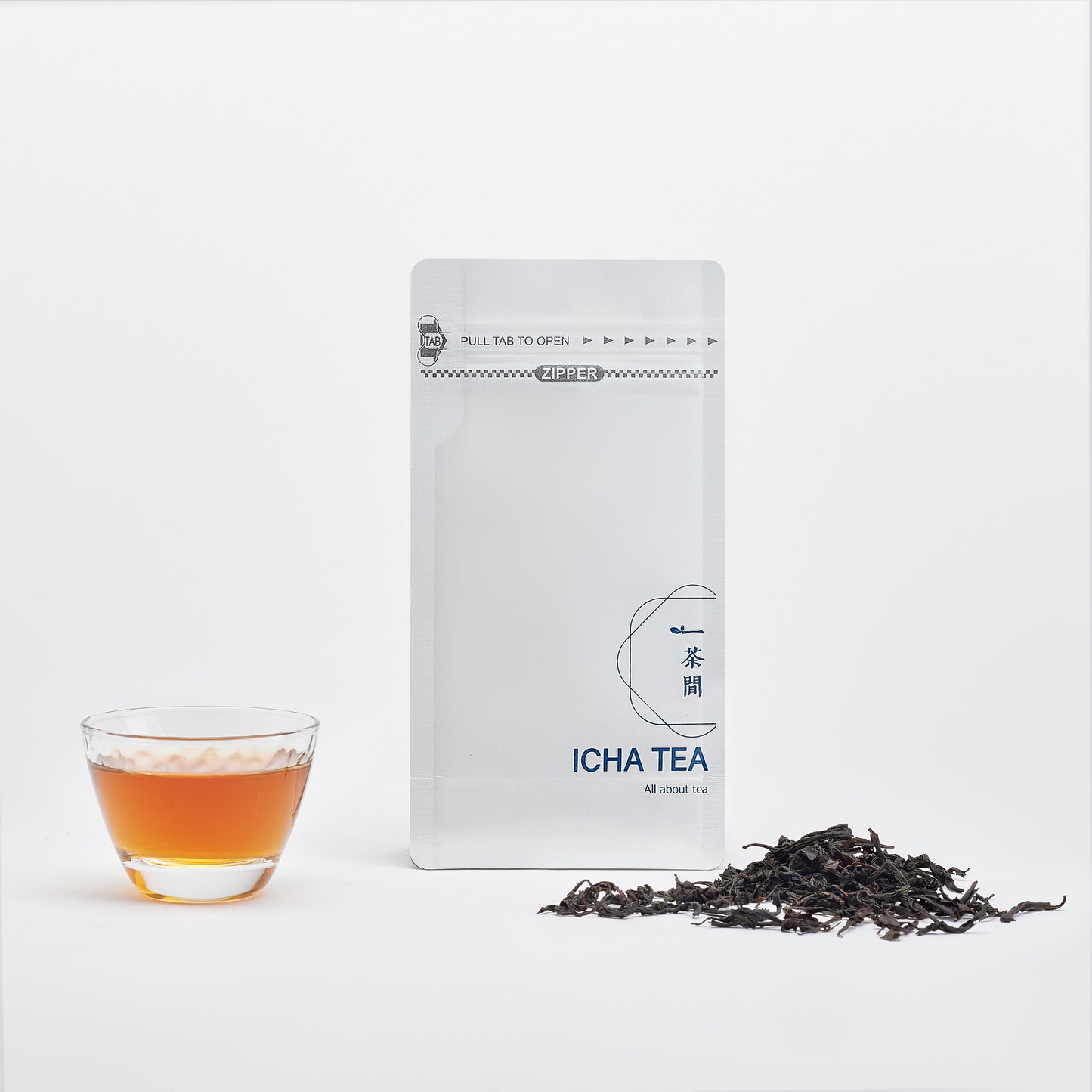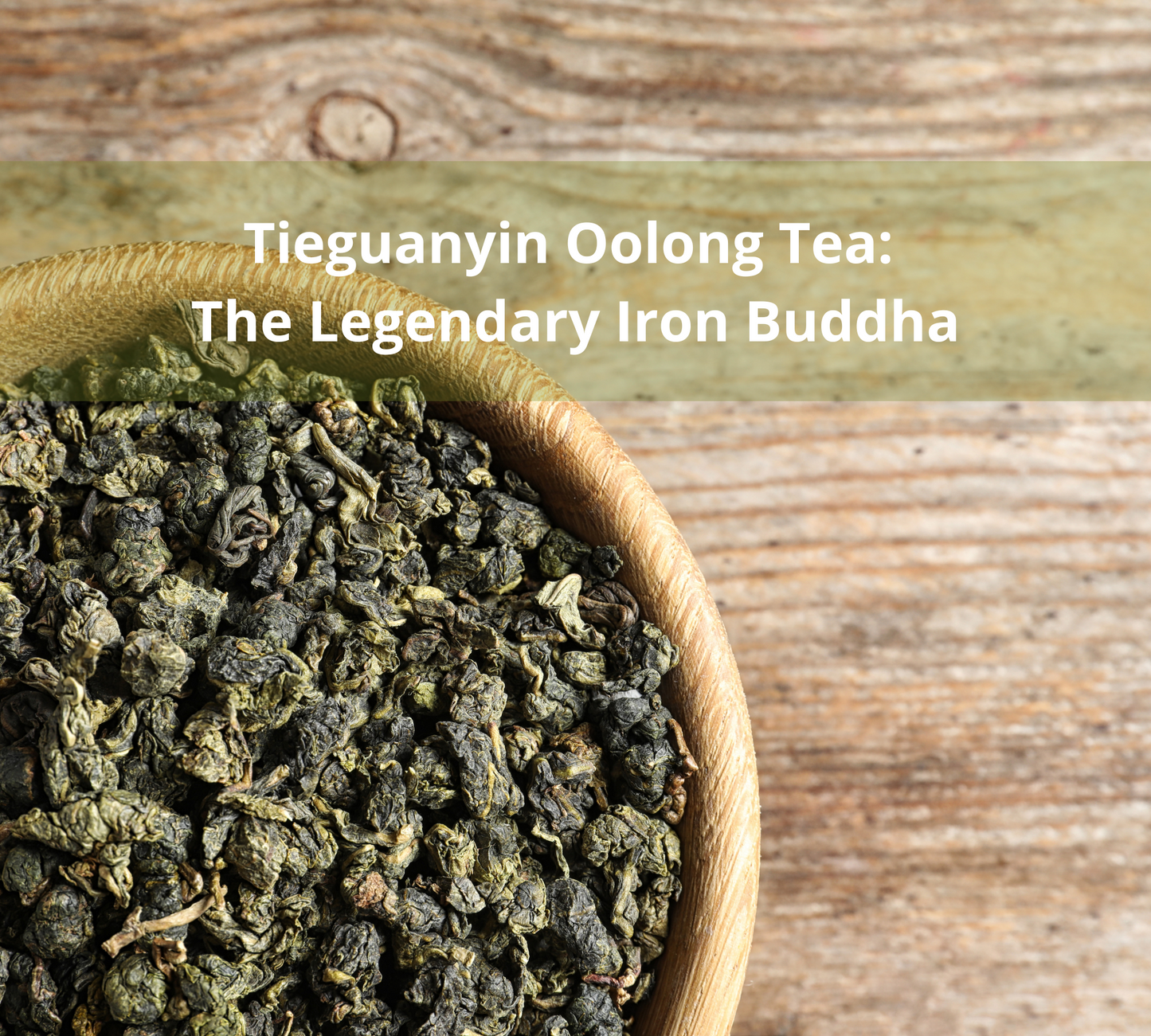
Among China's most celebrated teas, Tieguanyin (铁观音), also known as Iron Goddess of Buddha, stands as a testament to the artistry of Chinese tea crafting. This distinguished oolong tea, originating from Fujian Province, has captivated tea enthusiasts worldwide with its unique character, rich history, and remarkable complexity. Have you ever wondered why this tea commands such respect in the tea world?
The Legend Behind the Name
The name "Tieguanyin" carries a fascinating story rooted in Chinese folklore. According to legend, a poor farmer named Wei would regularly maintain a neglected temple dedicated to Guanyin, the Buddhist goddess of mercy. Despite his limited means, he would sweep the temple grounds and burn incense as an offering. One night, Guanyin appeared in his dreams and led him to a cave where he discovered a single tea shoot. From this shoot, he cultivated what would become one of China's most prized teas. The "Iron" in its name refers to the robust nature of both the tea plant and its processed leaves.
The story reflects the deep spiritual and cultural significance of tea in Chinese society, where the line between the divine and the earthly often blurs in the pursuit of perfection. This legend has been passed down through generations of tea makers, inspiring them to maintain the highest standards in crafting this exceptional tea.
Origins and Growing Region
The story of Tieguanyin is directly connected to its homeland in Anxi County, Fujian Province. Here, the unique combination of climate, soil, and elevation creates perfect growing conditions that simply can't be replicated elsewhere. The terrain of Anxi imparts specific characteristics to the tea that tea connoisseurs worldwide have come to cherish.
Traditional Tieguanyin is grown at elevations between 300-700 meters, where the cool mountain air slows the tea's growth, allowing for more complex flavour development. The region's famous misty climate provides natural shade, increasing the leaves' chlorophyll content and amino acid levels. The mineral-rich soil contributes to the tea's distinctive character, while seasonal variations create subtle differences in each harvest.
Processing Methods: The Art of Creation
The creation of Tieguanyin is an intricate process that requires considerable skill and expertise, often passed down through families for generations. The traditional processing method involves several crucial steps that transform ordinary leaves into this extraordinary tea.
Traditional Processing
- Picking: Only the perfect leaves are selected
- Withering: Leaves are left to soften naturally
- Shaking: Gentle bruising initiates oxidation
- Rolling: Leaves are shaped into tight balls
- Oxidizing: Carefully controlled partial oxidation
- Firing: Heat-fixing to stop oxidation
- Roasting: Final roasting for depth and complexity
Flavour Profile and Characteristics
The true magic of Tieguanyin lies in its remarkable complexity of flavour and aroma. Traditional styles offer a symphony of sensory experiences, beginning with a warm, roasted grain aroma intertwined with honey undertones and orchid-like floral hints. The mineral complexity, a gift from the soil of Anxi, weaves through these notes, creating an intricate tapestry of scent.
When it comes to taste, Tieguanyin reveals itself gradually. The initial sip brings a floral sweetness that evolves into a rich, buttery body. Mineral undertones provide structure and depth, while a long-lasting aftertaste, known as "hui gan" in Chinese tea culture, continues to develop long after the last sip. What makes Tieguanyin truly special is how these flavors evolve through multiple steepings, with each infusion revealing new aspects of the tea's character.
Brewing Guidelines
To fully appreciate Tieguanyin's character, proper brewing is essential:
Gongfu Style (Traditional)
- Water temperature: 95°C (203°F)
- Leaf quantity: 5g per 100ml
- Initial steeping: 25 seconds
- Subsequent steepings: Gradually increase time
- Multiple infusions: 6-8 times possible
Western Style
- Water temperature: 90-95°C (194-203°F)
- Leaf quantity: 2-3g per 200ml
- Steeping time: 2-3 minutes
- Multiple infusions: 2-3 times possible
Quality and Authenticity in the Modern Market
In today's global tea market, Tieguanyin faces several challenges. The wide range of quality available can make it difficult for consumers to identify authentic, high-quality examples of this tea. True Tieguanyin should feature tightly rolled, uniform leaves that unfurl beautifully during brewing. The liquor should be clean and bright, producing a complex aroma and long-lasting flavoUr.
When purchasing Tieguanyin, it's crucial to buy from reputable vendors who can verify the tea's origin, processing methods, and harvest date. Quality Tieguanyin isn't cheap - the skill and labor required in its production, combined with limited growing regions, naturally result in higher prices.
The Cultural Legacy
Tieguanyin's significance extends far beyond its taste. It represents centuries of tea craft refinement and cultural heritage, playing a crucial role in traditional tea ceremonies and local customs. Its status as one of China's "Ten Famous Teas" reflects not just its quality, but its importance in Chinese culture.
Whether you're new to oolong teas or a seasoned connoisseur, Tieguanyin offers a unique and rewarding experience that showcases the pinnacle of Chinese tea artistry. Each session with this remarkable tea is an opportunity to connect with centuries of tradition and expertise, while discovering new aspects of its complex character as well.
Remember, Tieguanyin is best appreciated with mindfulness and attention to detail. Take time to observe the leaves, inhale the aroma, and savor each sip. The tea's complex character will reveal itself gradually, offering new discoveries with each brewing, making every session a unique journey through one of China's most celebrated teas.

